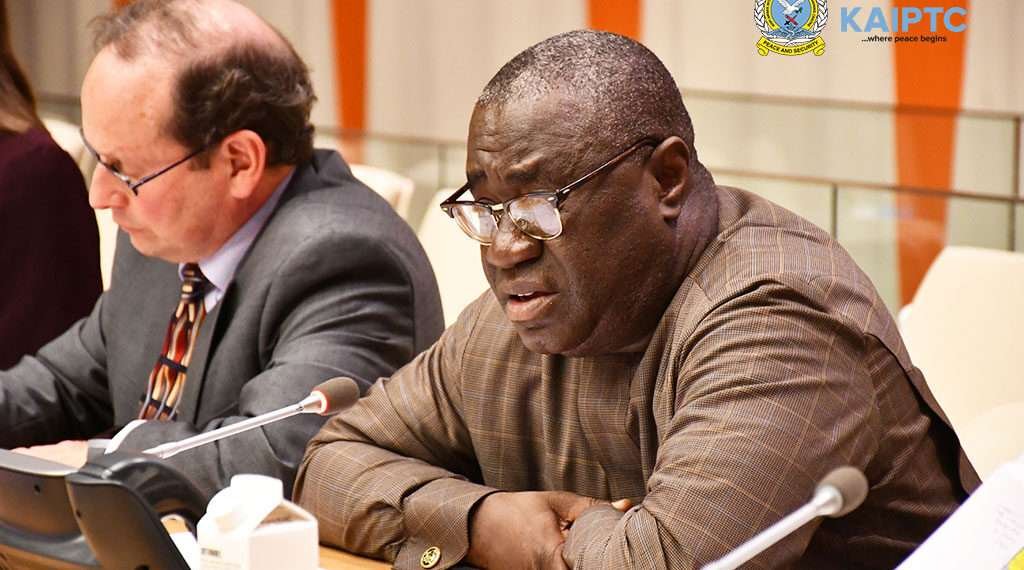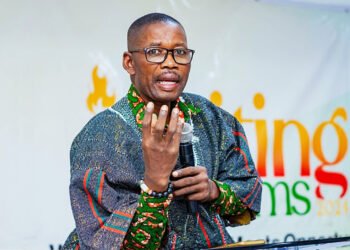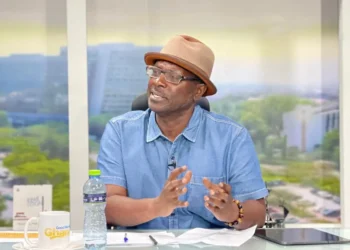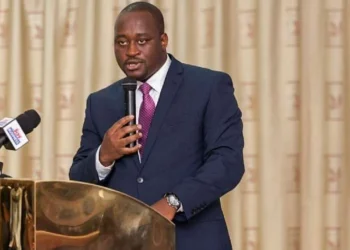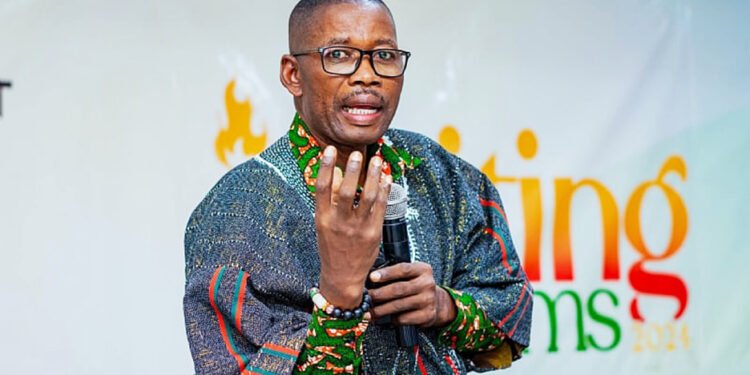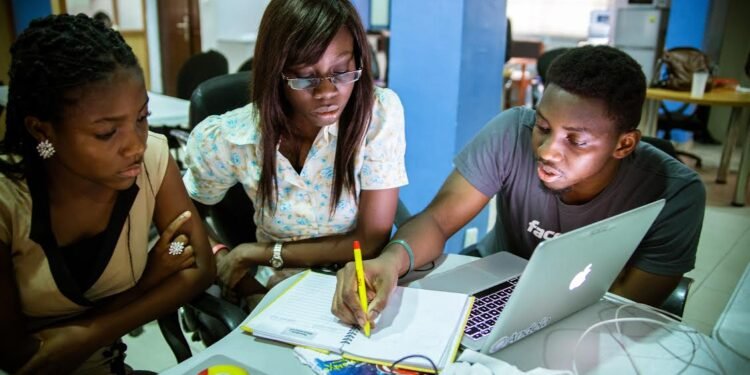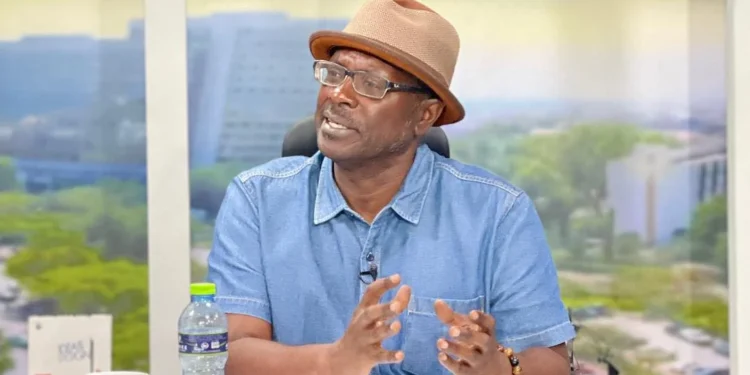Prof. Kwesi Aning, the Director of the Faculty of Academic Affairs & Research at the Kofi Annan International Peacekeeping Training Centre has underscored the pervasive threat of corruption, which he deems the most significant challenge to Ghana’s national security.
Prof. Aning, a renowned security consultant, speaking at the Republic Day Lecture at the Ghana Armed Forces Command and Staff College articulated his concerns by highlighting that corruption in Ghana has transcended mere misconduct and evolved into a norm, a binding force within the nation.
He indicated that the alarming nature of corruption in the country overshadows other security threats like extremism, stressing the necessity for comprehensive analyses by the government and other stakeholders including the military to understand the intricate networks and dependencies perpetuating the menace.
Prof. Aning further pointed out that while threats like extremism and sanitation concerns are transient, the “abiding and consistent threat to the country is corruption.
“Mr. [Francis] Poku talked about operations not being politicized, which I think we all know the answer to. So what are the main security threats the Military must look at? Mr. Poku talks about high threats, these are consistently very fluid and keep on moving and shaping so today it might be valid extremism, and tomorrow it might be about sanitation. But the abiding and consistent threat to this country is corruption”.
Prof. Kwesi Aning, the Director of the Faculty of Academic Affairs & Research at the Kofi Annan International Peacekeeping Training Centre, and a renowned security consultant
The Pervasive Nature of Corruption
Furthermore, the renowned security expert and former United Nations Official highlighted how corruption has become institutionalized in the country’s governance and business setting.
Prof. Aning particularly decried the entrenched nature of corruption in Ghana and articulated that corruption has become an almost intrinsic part of the societal fabric, influencing various aspects of governance and public life.
“We [have] become so corrupt that, that is the glue that binds the nation”, Pro Aning stated, underscoring the deep-rooted and pervasive nature of corruption in Ghana.
This normalization of corruption, according to Prof. Aning, demands a strategic and multifaceted approach to dismantle the systemic networks that sustain it.
Impact on National Security
By labeling corruption as the most significant threat, Prof. Aning drew attention to its far-reaching implications for national security.
He asserted that corruption undermines public trust, weakens institutions, and diverts resources from critical sectors, adding that in a country where extremism and other threats are fluid and evolving, corruption remains a constant, exacerbating other security challenges.
Call for Comprehensive Analysis and Response
In a fervent call to action, the Director of the Faculty of Academic Affairs & Research at the Kofi Annan International Peacekeeping Training Centre urged the military to engage in consistent analysis and threat assessment to anticipate and mitigate the impacts of corruption.
He posited that understanding the networks and interdependencies is crucial for developing effective response tools.
This, he noted involves not only identifying the perpetrators but also comprehending the systemic factors that enable corruption to thrive.
The Escalating Threat of Galamsey
In addition to corruption, Prof. Aning highlighted the escalating threat of illegal mining, commonly known as galamsey, to Ghana’s national security.
He noted that the alarming rise in arms use and illicit financial flows from foreign actors involved in illegal mining is continuously exacerbating the nation’s security challenges.
Here, Prof. Aning also emphasized the urgent need for the government to take critical measures and steps to address the prevailing and alarming activities of illegal mining destroying the country’s environment and threatening its national security.
READ ALSO: Residential Biomass Energy Consumption In Ghana Exceeds 86%

